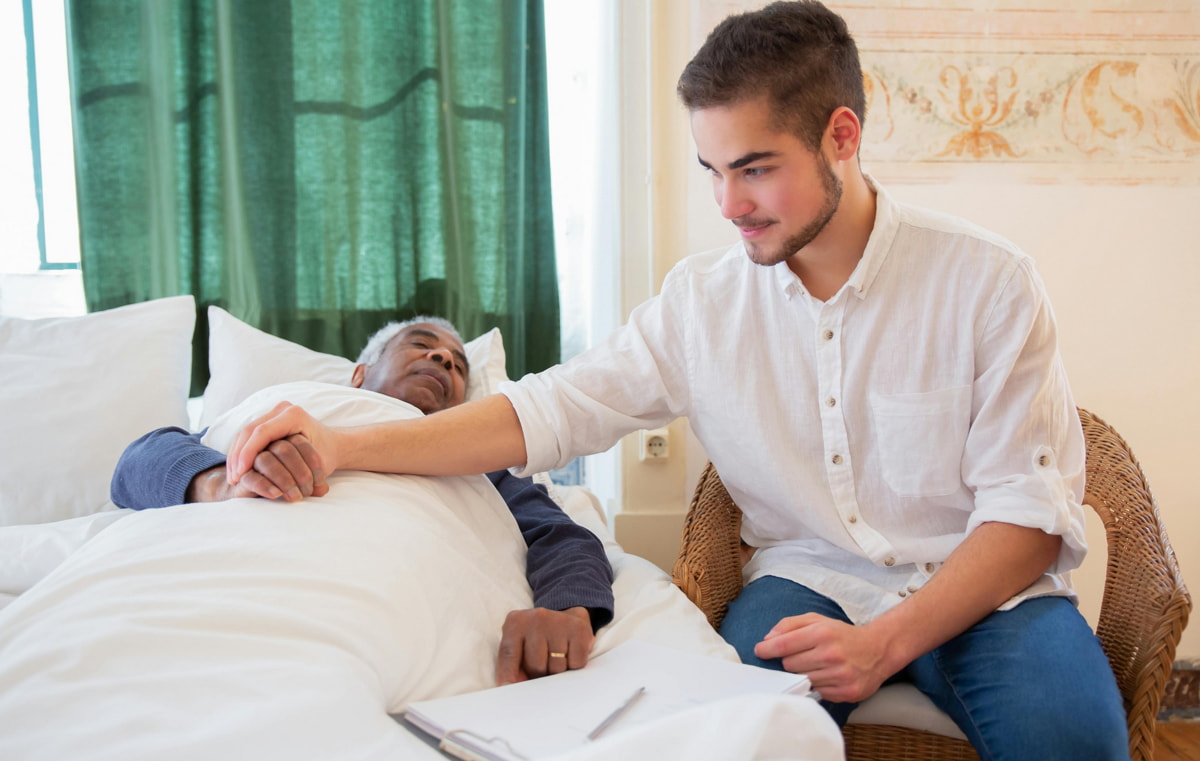The importance of oral health often increases as individuals age, with many seniors relying on dentures. Ensuring proper maintenance and care of these dental appliances not only enhances comfort but also contributes significantly to overall health. This article provides insights into the challenges faced by denture wearers and outlines effective practices for staff in assisted living settings. Engaging with dental professionals can provide additional support in delivering quality care, such as consulting an orthodontist hazelwood for specialized advice.
Challenges faced by senior residents
Senior residents, particularly those wearing dentures, encounter various challenges in maintaining oral hygiene. Dentures, while beneficial, can sometimes lead to discomfort or difficulty when not properly cared for. Issues such as gum irritation or infections may arise if hygiene practices are not followed diligently. Furthermore, many seniors experience decreased dexterity, complicating the cleaning process and increasing the risk of complications.
Another significant challenge is adjusting to the physical sensation of wearing dentures. For new users, this adjustment period can be uncomfortable and impact their eating habits or speech. Addressing these challenges requires patience and understanding from caregivers. Staff must be attentive to residents' feedback and ready to provide support or seek professional advice when needed.
The psychological aspect cannot be overlooked either. Some residents may feel self-conscious about wearing dentures, affecting their social interactions. Encouraging open communication about these feelings can help alleviate concerns and improve their confidence. Ultimately, understanding these challenges is the first step in providing comprehensive care.
Effective practices for staff
Assisted living staff have a critical role in supporting the oral health of senior residents. One essential practice is ensuring that residents adhere to a consistent cleaning routine for their dentures. This involves daily brushing with appropriate tools and soaking them overnight in a suitable solution to prevent bacterial buildup. Staff should also monitor any signs of discomfort or changes in fit, which could indicate the need for adjustment or repair.
Educating residents on proper handling and storage of dentures is equally important to prolong their lifespan and maintain hygiene. Staff should demonstrate correct techniques and encourage independence while remaining available to assist as needed. Regular check-ins are vital to address any concerns promptly and prevent complications.
Providing dietary advice can also enhance oral health outcomes for denture wearers. Encouraging a balanced diet rich in vitamins and minerals supports gum health and overall well-being. By implementing these practices, staff contribute significantly to the quality of life for senior residents.
Collaborating with dental professionals
Collaboration with dental professionals is indispensable when addressing complex oral health issues among senior residents. Specialists offer valuable expertise in diagnosing and treating conditions that may arise due to denture use or other dental concerns. Building strong partnerships with local dentists ensures that residents receive timely interventions when required.
Dentists can also provide routine examinations and adjustments to ensure dentures fit correctly and function optimally. When staff notice persistent issues like sores or difficulty eating, consulting a specialist becomes crucial to prevent further complications. This proactive approach helps maintain comfort and functionality for denture wearers.
The role of specialists extends beyond direct treatment; they also offer educational resources for both staff and residents. Workshops or informational sessions can enhance understanding of best practices in oral care management. Ultimately, integrating specialist input into care routines elevates the standard of service provided in assisted living environments.












